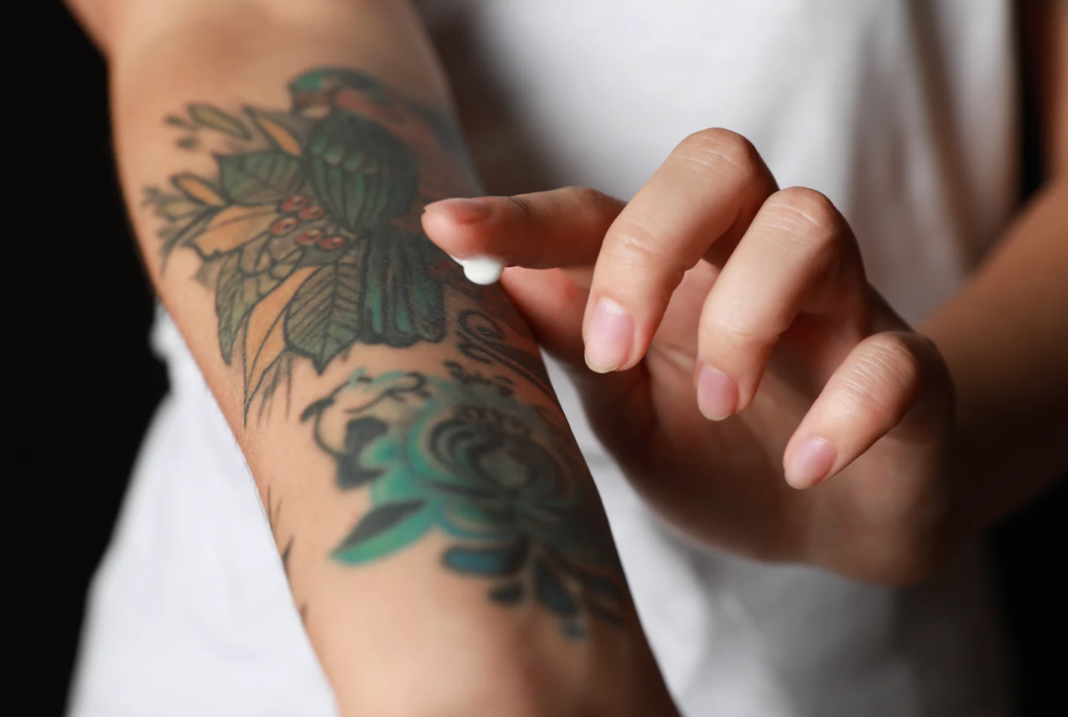It’s not just a post-inking phase but a phenomenon that can happen even years after you’ve gotten your art. As a beauty editor and a canvas covered in colorful tattoos, I’ve experienced this firsthand. And let me tell you, the itch can strike anytime, anywhere.
Why Do Tattoos Itch?
Believe it or not, all tattoos are a form of skin injury. According to San Diego dermatologist Melanie Palm, MD, tattoos can result in a hypertrophic scar or keloid as they heal, which can cause perpetual itchiness. New York dermatologist Shari Marchbein, MD, adds that as the skin heals and scars, it becomes itchier due to the inflammatory cells releasing histamine.
Connecticut-based dermatologist Mona Gohara, MD, explains that the very process of tattooing disrupts the skin’s barrier, making the inked area more reactive and vulnerable. This means that even healed tattoos can get itchy or irritated more easily.
Can You Be Allergic to Tattoo Ink?
Absolutely. Allergies to certain inks, especially red ink, are not uncommon. If you’re concerned about an allergic reaction, consider a color patch test before going all in. This test lets you see how your skin reacts to different ink colors. Remember, an ink allergy can develop even years after you’ve been tattooed.
Soothing Your Itchy Tattoo
To keep your tattooed skin happy, avoid irritants like fragrance and alcohol in your skincare products. Since tattoos are sensitive to sun exposure (which can also cause fading), covering them with an SPF 30 or higher sunscreen, like CeraVe Hydrating Mineral Sunscreen SPF 50, is crucial. Keeping the area moisturized is equally important. Opt for fragrance-free lotions, creams, or oils – I personally love Nécessaire’s The Body Cream and Ole Henriksen’s Firmly Yours Toning Dry Body Oil.
When to See a Doctor
If your tattoo becomes excessively itchy, it could signal an infection or an allergic reaction. Don’t hesitate to seek medical attention, as infections might require long-term antibiotic use. For keloids, injectable anti-inflammatories could be necessary.
So, there you have it! While tattoos are undeniably cool, they do come with their share of skin reactions. By choosing reputable artists, practicing good aftercare, and continuing to care for your tattoos, you can minimize the risk of that annoying itch. But remember, if in doubt, always consult a dermatologist. Keep rocking your ink, but keep it healthy and happy too!








